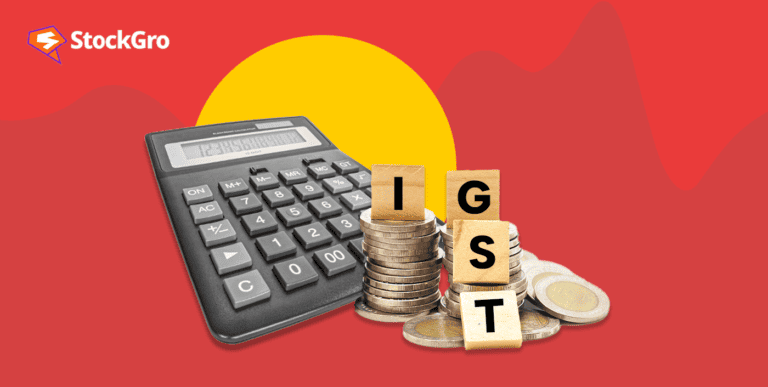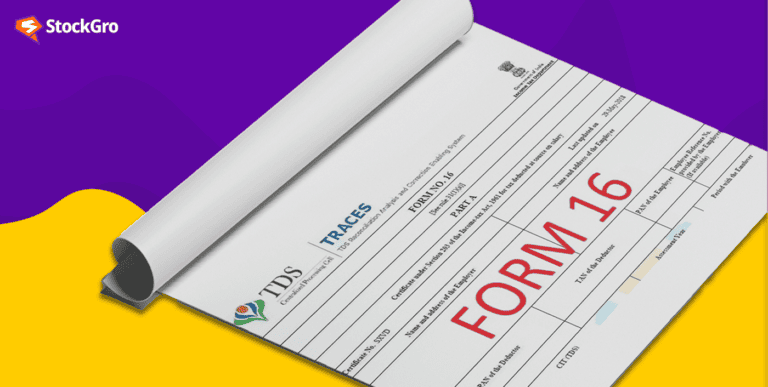
A budget is a financial plan that estimates income and expenses for a coming period, often monthly or yearly. It’s a tool used by individuals, families, businesses, or the government to manage money. By creating a budget, you can prepare for unexpected costs and plan for big purchases without borrowing.
Let’s read further to find out more about a budget.
What is a budget?
A budget is a simple plan that shows what money is coming in, and what is going out. It reflects choices when you spend on one thing instead of another. In the money world, when you talk about the results of these choices:
- A surplus budget says: Money earned is more than money spent. Profits are seen ahead.
- A balanced budget says: Money earned equals money spent. No loss, no extra.
- A deficit budget says: Money spent is more than money earned. Losses are seen ahead.
Making a budget can mean listing all spending or just some parts. The list could be on paper, a computer spreadsheet, or a budgeting app. There’s no right way to budget as what suits one person may not suit another.
For example, if Mr. Sharma earns ₹50,000 a month, his budget might show this income alongside his spending on essentials like rent, groceries, and electricity, and also savings or other expenses. This way, Mr. Sharma can see if he’s living within his means or if he needs to cut back on some spending to save more.
You may also like: Capital gains tax – overview, types, and current rates
What is the 50/30/20 rule?
The 50-30-20 rule is a simple formula to manage your money. It says, split your income into three parts. 50% of your income should go for needs. These are things you must have to live like food, house, and clothes. 30% of your income is for wants.
These are things you like but don’t need, like a new phone or eating out. The last 20% of your income is for savings. This money is for your future. It could be for buying a house or for when you are old and not working.
If you earn 100 rupees, 50 rupees are for needs, 30 rupees are for wants, and 20 rupees go into savings. This rule helps you know where your money should go.
Types of budget
- Static Budget:
A static budget is a fixed budget that stays the same over its period. It doesn’t change even if there are changes in things like sales or production during this time.
For example, if a company in India decides on a budget of ₹10 lakhs for advertising for the year, this amount stays the same no matter what happens during the year.
- Flexible Budget:
A flexible budget changes according to certain things like how much is sold or made, or other outside economic things that happen. In a flexible budget, the amounts can go up or down.
For instance, a company might decide that its budget for raw materials will be ₹5 per unit of product. If the company makes more products, the total budget for raw materials goes up. If it makes fewer, the total budget goes down.
| Budget Type | Definition | Example |
| Static Budget | A fixed budget that remains Unchanged over its period | ₹10 lakhs for advertising for the year, remains the same |
| Flexible | Adjusts according to variables like sales or production | Budget for raw materials is ₹5 per unit, changes with production level |
Also read: Bank rate vs. Repo rate – Understanding the key differences
Why is budgeting important?
Budgeting is beneficial for all, not just for those facing financial hardships. It aids in utilizing your money in the most effective manner and highlights where too much money is being spent. See a budget as a bridge to your financial aims. It can assist you in:
- Knowing your money habits: By monitoring your earnings and expenditures, you get a clear view of how much you can save or spend. Spotting these trends helps you see where adjustments are needed.
- Saving for ahead: Budgeting helps set aside money for emergencies and future plans like a holiday or retirement. This way you can calculate how much to save each month.
- Tackling debt: Planning expenses beforehand lowers the chance of overspending and aids in clearing existing debt.
- Easing tension: Though not a complete solution, budgeting eases managing financial choices and readying for upcoming hurdles.
How to create a budget in 7 steps
A budget helps manage your money. It shows your total money coming in and how you plan to spend it. Here’s how to set your budget in seven steps.
- Total income: Add all money you get, like salary, tips, or money from investments.
- Track spending: For one month, note down everything you spend money on, like food, bills, or subscriptions. This shows your real expenses.
- Set goals: Decide what you want to do – save money, pay off debts or something else. Pick important goals first, like paying off loans.
- Mandatory expenses: List out expenses you must pay every month like rent, insurance, or phone bills. Subtract this amount from your total income.
- Debt payments: If you have loans, find the smallest amount you must pay for each. Subtract this too from your income.
- Spending plan: Now, plan how to spend the remaining money on other expenses like groceries or entertainment. Also, keep some for your goals like saving or debt repayment.
- Adjust monthly: Each month, see how you spent money and if you met your goals. Change your spending plan if needed to avoid spending more than you have.
Also read: Debt instruments in India: Understanding your investment options
Kindly note: Whenever needed, open a new bank account to manage your money better. This way, making a budget helps you see and control where your money goes, making sure you can do what’s important to you while avoiding overspending.
Conclusion
A budget is a plan that helps governments, companies, and people at every income level manage money. It’s about making a list of what money comes in and where the money goes out.
Crafting a budget is about writing down incomes – like salaries, and expenses – like rent or food. Sticking to a budget means not spending more money than planned.
Once a budget is made and followed, it helps in keeping money matters sorted. This way, a budget aids in having a clear picture of finances, assisting in securing a financially stable future.

